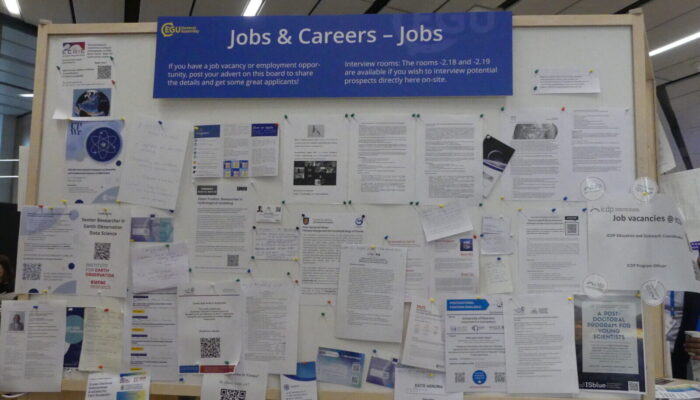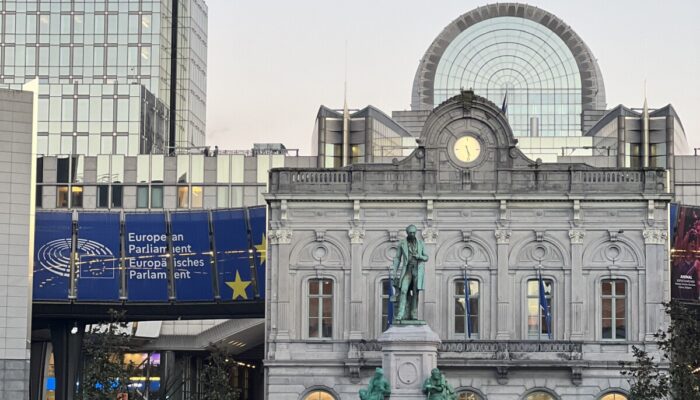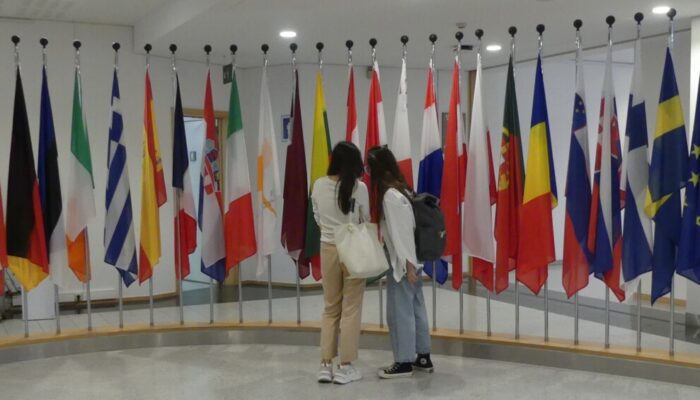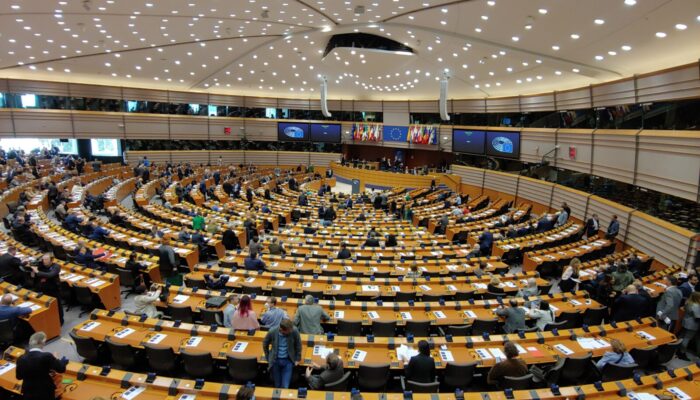Attending conferences is a great way to widen your existing network, meet potential employers and grow your professional skills. At EGU25, there are lots of exciting and useful career networking opportunities, training and events, regardless of whether you attend virtually or on-site in Vienna! Short Courses SC 2.4 Navigating Your Path to Mid-Career: How to become a supervisor Mon, 28 Apr, ...[Read More]
GeoPolicy: A Week Inside the European Parliament – Science, Policy, and the Role of Experts
As the selected scientist in the EGU’s 2024 Science-Policy Pairing Scheme, I had the opportunity to experience life inside the European Parliament for a week with the support of Member of the European Parliament (MEP) Jutta Paulus and her team, who are part of the Group of the Greens/European Free Alliance. A week is short, but in these few days, I gained deeper insights into the inner workings of ...[Read More]
GeoPolicy: Science Diplomacy in a new Geopolitical order
We have entered a new era of “harsh” geopolitics. Those were the words of the European Commission President Ursula von der Leyen in her keynote speech at the World Economic Forum in Davos on January 21, 2025. It is an era with geostrategic rivalries where commitment to international organisations (e.g. UN, WHO) and global solidarity can no longer be taken for granted. By now it is clear that the c ...[Read More]
GeoPolicy: Exploring the European Parliament with last year’s Science-Policy Pairing Scheme candidates
Each year, the EGU’s Science-Policy Pairing Scheme offers selected EGU members the opportunity to experience life inside the European Parliament. This Pairing Scheme aims to promote evidence-informed policymaking, provide the scientists involved with insights about how Members of the Parliament (MEPs) use research in their decision-making, and encourage stronger science-policy partnerships! For th ...[Read More]




